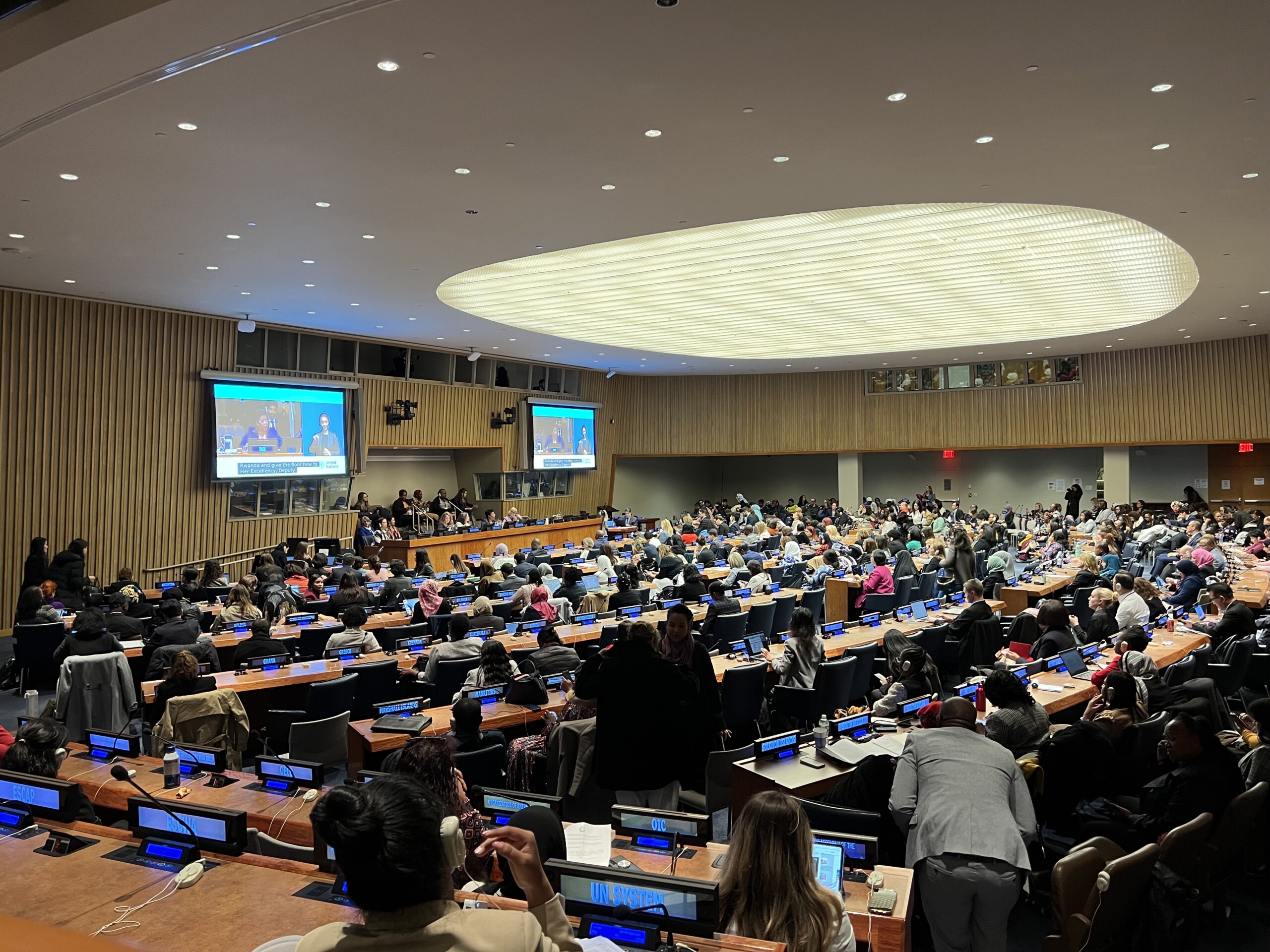The COVID-19 pandemic exacerbated the global care crisis and without adequate policy and deeper structural responses, the aftermath of the pandemic could further entrench the unequal distribution of unpaid care work and feminization of poverty, warns ESCR-Net members from the Women and ESCR working group in a work in progress discussion paper to build a transformative social pact on care.
Advocating for a new and fairer social pact on care recognizes the preexistence of an old, unjust and still prevalent social pact that naturalizes care as women’s responsibility and deepens feminization of poverty. A social pact that women never agreed on.
As this crisis revealed, care is in the very center of our societies and economies — yet remains mostly unrecognized and invisible as well as increasingly privatized and commodified as a source of profit for private actors. Prior to the pandemic, women were providing around three quarters of all unpaid care work; this disproportionate burden has only increased during the public health crisis.
“We need to decide if we want to either rebuild an economic model that prioritizes profit-making and accumulation in the hands of a few, or a caring economy that prioritizes life, mutual care and the preservation of common goods, as feminist movements have long demanded,” says Indra Rubio, Instituto Simone de Beauvoir (Mexico) and ESCR-Net Member.
Care work is a human rights issue
Care work has historically been associated with women and has been distributed in structural conditions of discrimination and inequality, particularly among women and girls of disadvantaged groups. Care unfair social distribution is at the core of feminization of poverty and a major obstacle to women enjoying their rights equally.
“Our sector [domestic work] comprises mainly women who are black, displaced, heads of family, and elderly in an important proportion. Precarious contracts and wages, lack of social protection, and discrimination are situations we commonly face in our sector (…) Countries are never prepared, and once such a crisis happens, it very quickly becomes obvious who is excluded from government help packages and assistance, taking measures for corporations and other privileged sectors while others, such as poor women, are marginalized,” points out Claribed Palacios, President of the Union of Black Domestic Workers (UTRASD, Colombia) and ESCR-Net member.
The collective process on care has been presented in several events and advocacy spaces, including the UN Commission on the Status of Women. The process has been informed by members from the Women and ESCR working group along with the Strategic Litigation working group who engaged in several spaces and Network-wide discussions that are guiding the work on care.
In 2020, ESCR-Net issued a third-party intervention to the Committee in Economic, Social and Cultural Rights (CESR) on the case of Marcia Cecilia Trujillo Calero vs. Ecuador, encouraging the Committee to apply a substantive equality perspective to its interpretation of the facts and highlight the impact of unpaid care work on access to social security. In 2021, the Women’s Global Strike mobilized women around the world to demand economic alternatives that center the integrity of peoples and the planet, ensure gender justice, and advance a new social pact on care.






